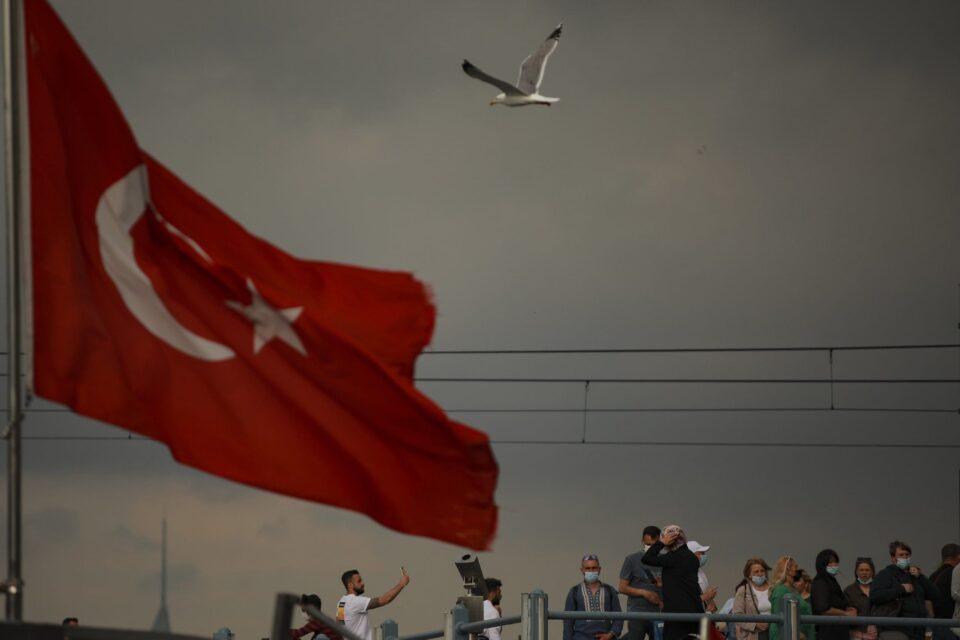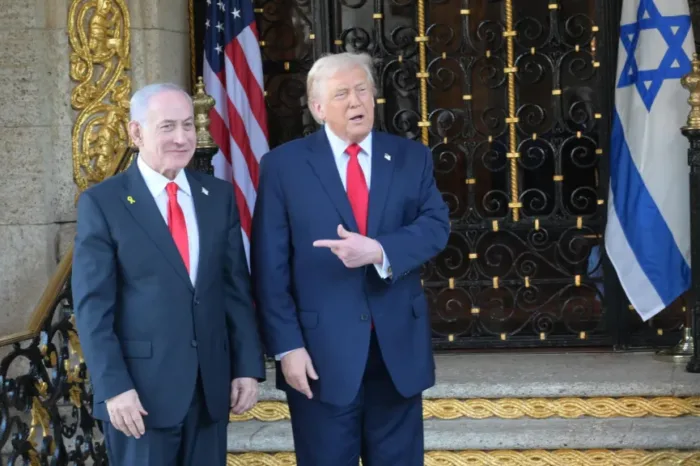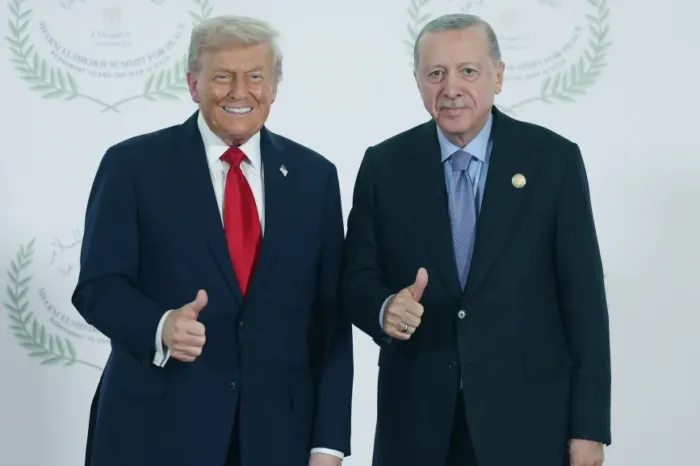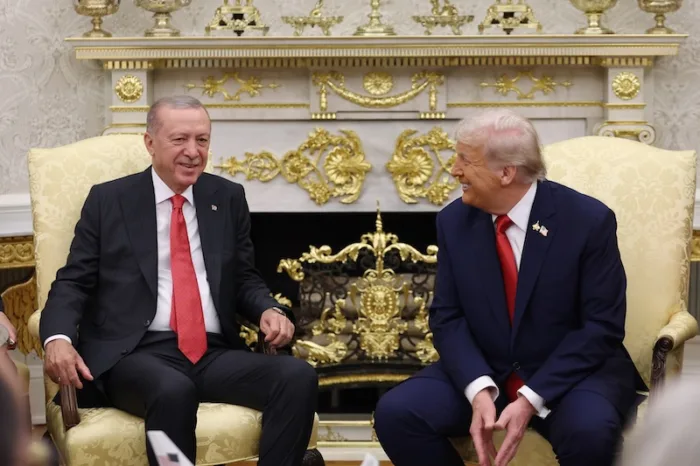Intense June agenda for Turkish foreign policy

June will be a particularly busy month for Turkey in the international arena. President Recep Tayyip Erdoğan is due to meet United States President Joe Biden on the sidelines of the NATO Summit on June 14. Later this month, the European Union’s leaders will discuss their “positive agenda” with Turkey.
The Europeans are keeping an eye on both Washington’s pending policy choice and the ongoing talks between Turkey and Greece. Foreign Minister Mevlüt Çavuşoğlu visited Athens on May 31 against that backdrop.
Unlike his Greek counterpart, Nikos Dendias, who paid a “provocative” visit to the Turkish capital last month, Turkey’s top diplomat struck a constructive note. He stressed the importance of “uninterrupted” dialogue for addressing bilateral disagreements on the basis of “good neighborliness, international law and mutual respect for rights and interests.”
Çavuşoğlu added that Turkey and Greece have started working on concrete projects in many areas, including transportation, energy, tourism, the environment and trade, with an emphasis on action and cooperation. The Turkish foreign minister also announced that the two countries had reached an agreement on 25 items in principle.
Finally, Çavuşoğlu said that Erdoğan and Greek Prime Minister Kyriakos Mitsotakis will meet during the NATO Summit.
Judging by the upcoming meetings, it is safe to assume that Turkey’s relationship with the Western alliance will undergo an important review.
S-400 issue is active
Meanwhile, U.S. Deputy Secretary of State Wendy Sherman made it clear during her visit to the Turkish capital that Washington remains persistent on the S-400 air defense system.
Turkey and the United States cannot compartmentalize their relations and concentrate on potential areas of cooperation unless Erdoğan and Biden take the initiative.
Specifically, the two countries could take positive steps regarding Afghanistan, Libya, Eastern European security, NATO’s future and bilateral trade.
For the record, the ball happens to be in Biden’s court. Erdoğan already said that he intended to “start a new chapter” in bilateral relations despite the Biden administration’s controversial statement on the 1915 events.
It remains to be seen how the U.S. president will engage in leader-to-leader diplomacy in his face-to-face meeting with Erdoğan, whom he has known for a long time.
The two presidents’ upcoming meeting, which is no less significant than Erdoğan’s May 2013 meeting with former U.S. President Barack Obama, could go two ways. Firstly, Biden could make an effort to repair his country’s relations with Turkey, despite all the problem areas, and make a positive start. Known to take into consideration institutional opinions, Biden will have to sync his chemistry with Erdoğan to make a difference in bilateral relations.
That step may not resolve disputes over the S-400, the F-35 fighter jet or terrorist organizations such as the PKK/YPG and the Gülenist Terror Group (FETÖ), but it would stop the bilateral relationship from deteriorating further.
The other choice
The second option involves a diplomatic meeting where both sides recite their respective talking points on areas of disagreement and inform their counterpart about their concerns.
Both leaders are certainly experienced enough not to mince their words. If the meeting goes that way, the Turkish people will conclude that the Biden administration has not reversed its “negative” approach toward Turkey that manifested on the campaign trail.
In the end, Turkey and the United States will miss an opportunity to repair their relationship during the Biden presidency if Washington ends up deciding to wait until after Turkey’s 2023 election.
EU’s demand
The European Union’s clear request for Turkey and Greece to repair their relationship spurred diplomatic traffic between Ankara and Athens.
The 63rd round of exploratory talks will take place in the former country. Although the talks may lead to progress in trade and tourism, hardly anyone expects any positive steps regarding sovereignty rights – the Aegean, Cyprus and the Eastern Mediterranean.
The Greek government, which met the EU’s demand by maintaining dialogue, won’t stop trying to impose its maximalist demands on the bloc either. The current de-escalation was designed merely to strengthen their hand at the EU summit.
Unfortunately, the EU and the U.S. mislead Greece with their preferential treatment. Turkey won’t walk back its proactive foreign policy steps from the last five or six years.
Nor will the Turks give up on their national interests in the Aegean and the Eastern Mediterranean. It is still possible to transform those bodies of water into centers of peace and cooperation.
The idea that Greece can defend itself only by becoming a “European bulwark” or an “American military base” is terribly misleading.
Good neighborly relations represent the only way to create a win-win situation between Turkey and Greece.
This article was first published by Daily Sabah on June 1, 2021.























